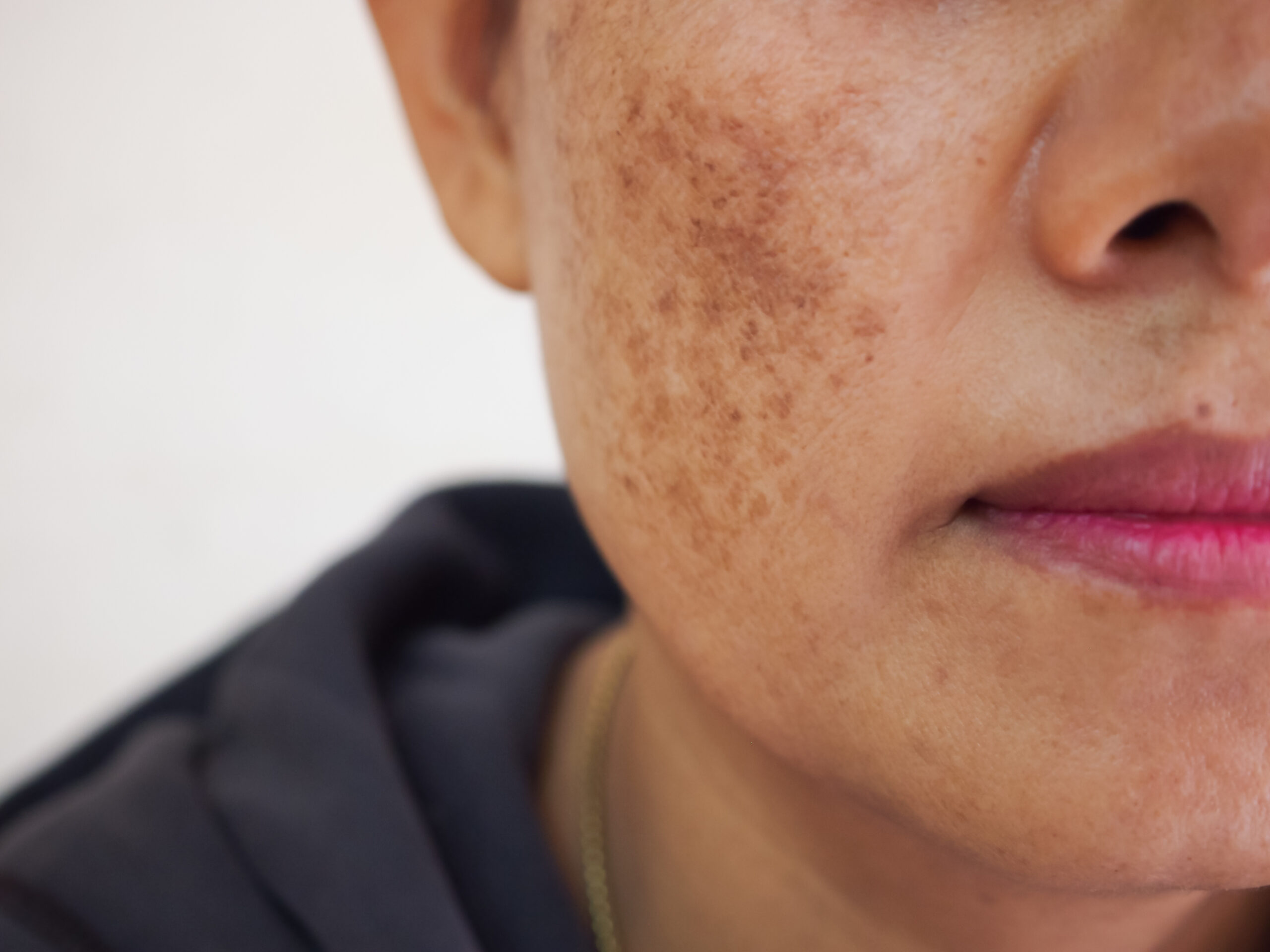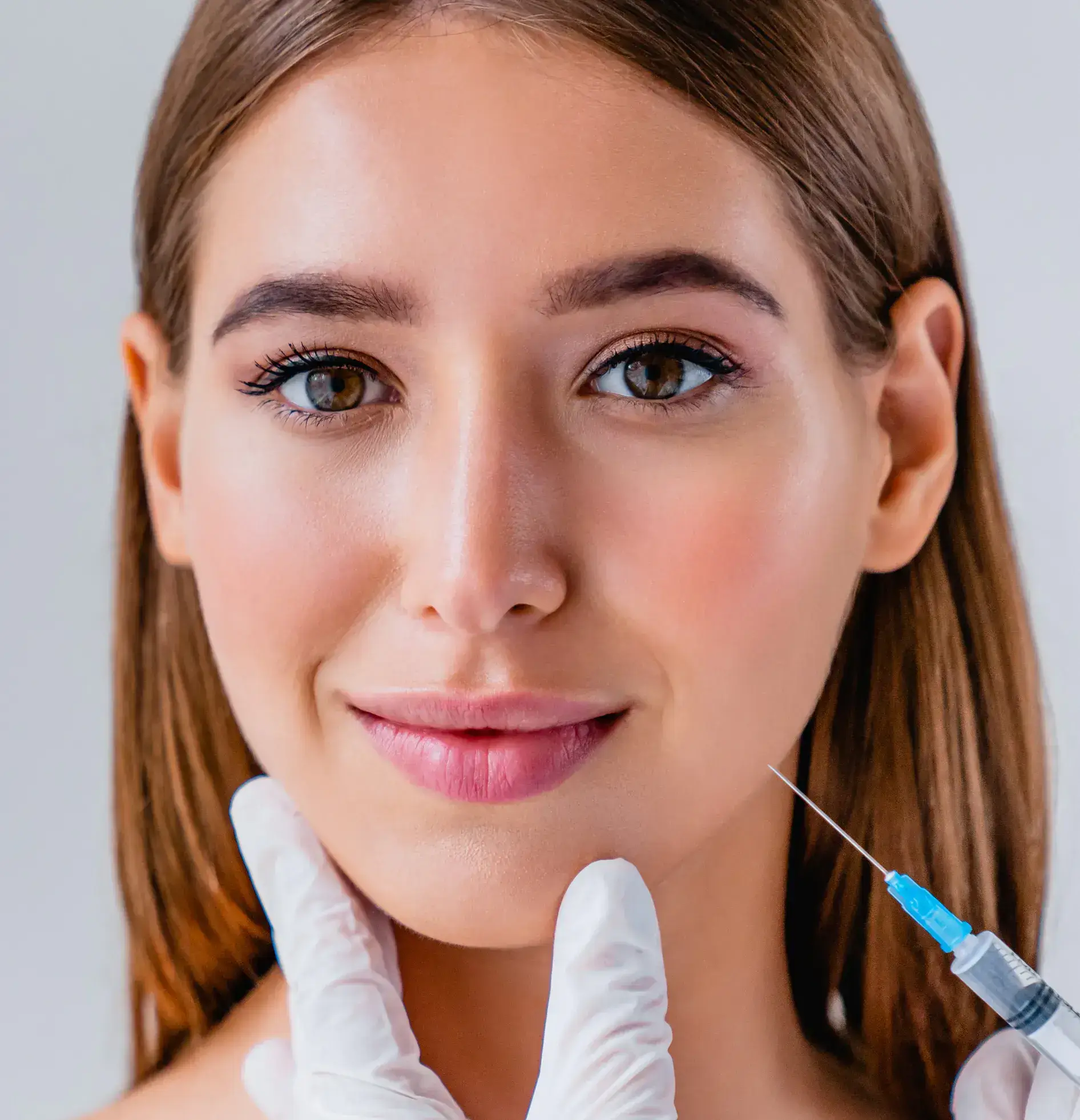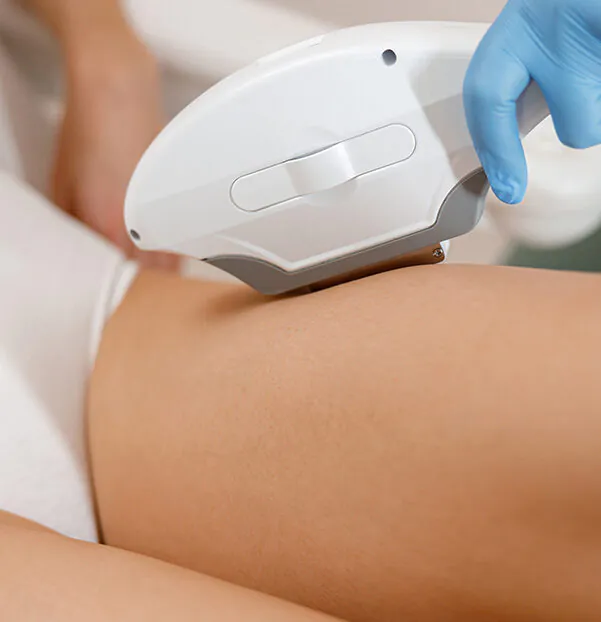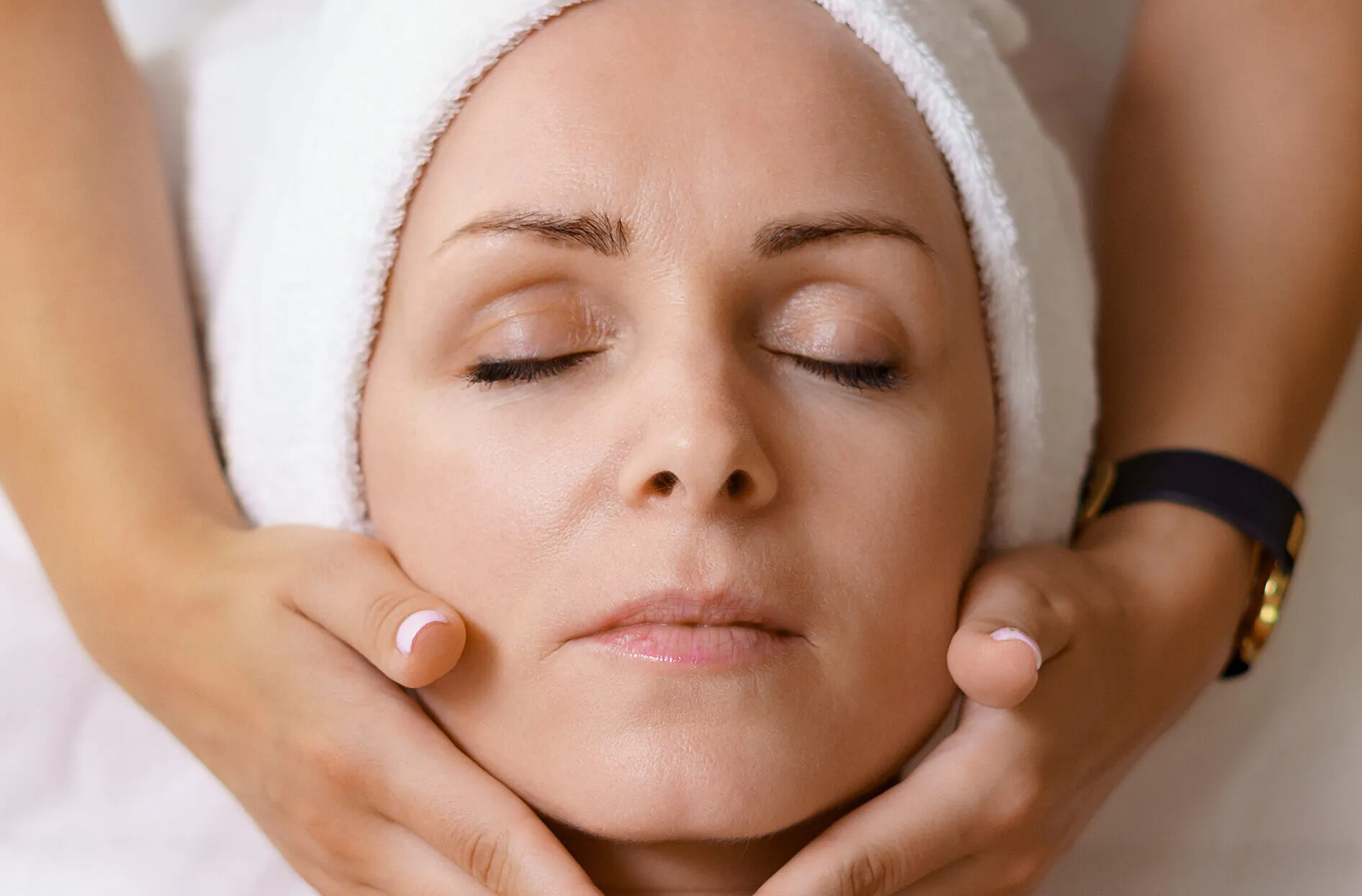Pigmenation

Pigmentation refers to the coloring of the skin, hair, or eyes, which is determined by the presence and distribution of a pigment called melanin. Melanin is produced by specialized cells called melanocytes, which are located in the skin, hair follicles, and other parts of the body. The amount and type of melanin present in an individual determine their skin, hair, and eye color.
There are different types of pigmentation:
- Skin Pigmentation
- Hair Pigmentation
- Eye Pigmentation

Many factors contribute to the appearance of pigmentation, including:
- Genetic Factors
- Sun Exposure
- Hormonal Changes
- Age
- Skin Condition
- Medications and Chemical Exposure

Common solutions for pigmentation:
- Topical Creams and Serums: They are products that often contain active ingredients that target skin aging, boost collagen production, and hydrate the skin.
- Chemical Peels: A chemical peel involves applying a chemical solution to the skin, which exfoliates the top layers, revealing fresher, brighter skin underneath.
- Laser Therapy: Various laser treatments, such as intense pulsed light (IPL) and fractional lasers, can target specific pigmented areas, breaking down the pigment and promoting even skin tone.
- Microneedling: This treatment for pigmentation is a dermatological procedure that involves using a small device called a dermaroller or a microneedling pen to create controlled micro-injuries in the skin. These tiny punctures prompt the skin to heal itself and produce more collagen and elastin, which helps improve the appearance of pigmentation.
- Microdermabrasion: This procedure uses a device to gently exfoliate the skin, removing dead cells and stimulating collagen production which helps minimize the appearance of pigmentation.
- Prescription Medications: In certain cases, a dermatologist might prescribe oral medications or hormone therapy to address pigmentation issues caused by hormonal imbalances.
- Sun Protection: A medical center may stress the importance of using broad-spectrum sunscreen daily to prevent further pigmentation issues and protect the skin from UV damage.

If you have concerns about your pigmentation or notice any unusual changes in your skin, it’s best to consult a dermatologist or healthcare professional for evaluation and appropriate management.
Book an Appointment
Fill in your details below and we will contact you to confirm.







